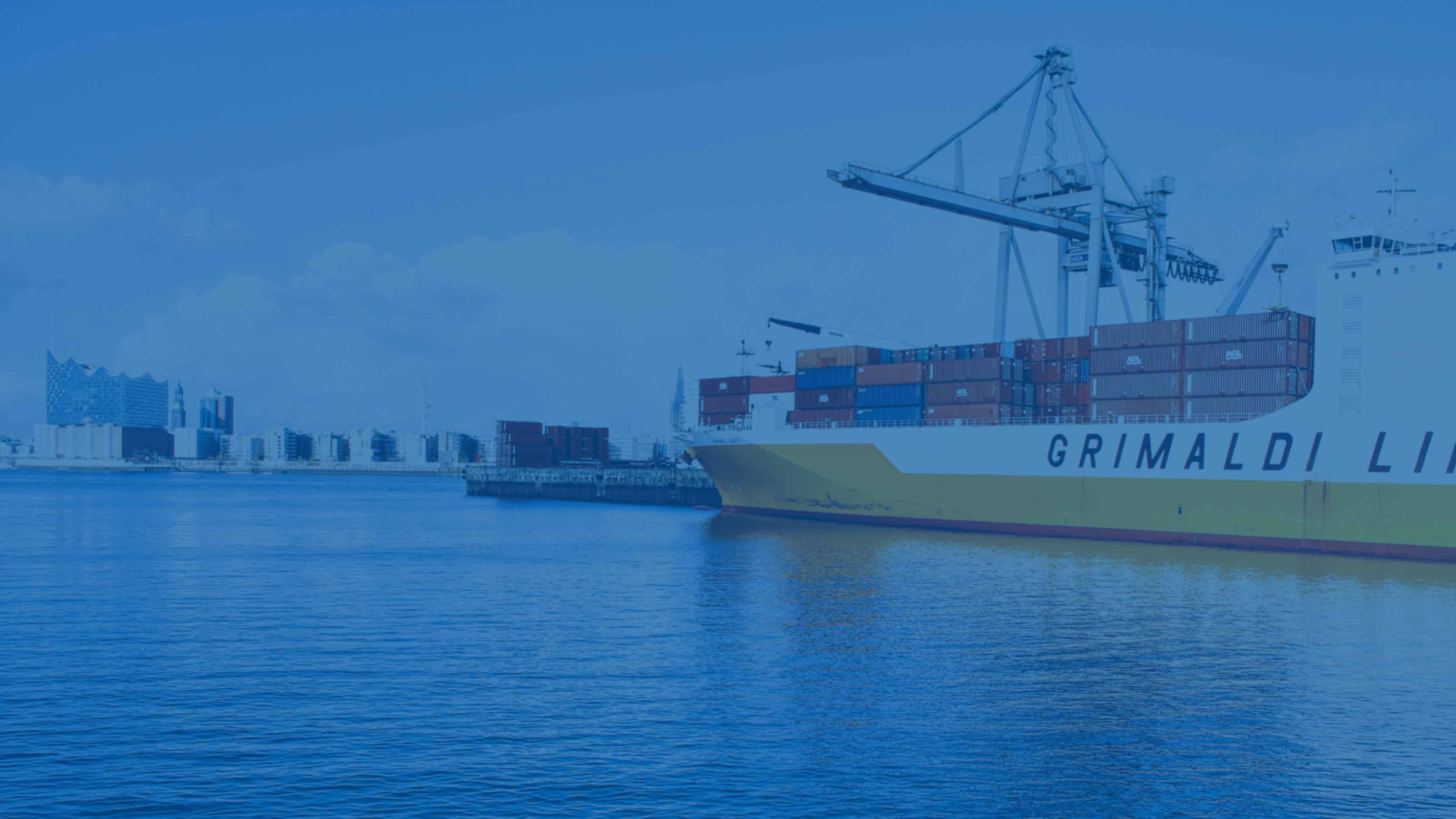Tahseen Consulting's Wes Schwalje discusses the regional implications of Brexit with Arabian Business
- There is significant interest by the UK to make up for potential trade losses with the EU due to Brexit by forging trade deals globally
- By leaving the European Union, the UK will be able to have a much more independent, and proactive approach to international trade
Tahseen Consulting's COO Wes Schwalje spoke to Arabian Business about the impact that Brexit and Theresa May's deal could have on trade with the GCC. You can read the full article here.
What might the Brexit result mean for the GCC in terms of trade and investment, in the event of a no deal?
Since European Union discussions with the GCC on a free trade agreement have languished since 1990 with little progress, there is significant interest by the UK to make up for potential trade losses with the Europe Union due to Brexit by forging trade deals globally with regions with which the UK has strong geopolitical ties.
The UK currently trades with several countries in the GCC under most favored nation status under World Trade Organization rules.
Bilateral discussions as well as multilateral GCC-wide discussions are progressing on free trade agreements which might see the UK outmaneuver its European neighbors while at the same time offsetting trade losses that might occur from a no deal Brexit. If there is agreement on a UK free trade agreement with the GCC as a trade bloc or a series of bilateral agreements is signed, we are likely to see a significant increase in trade as well as in investment between the UK and GCC.
What might the Brexit result mean for the GCC in terms of trade and investment, in the event of May’s deal?
Theresa May’s proposal of a new EU “customs partnership” ties the hands of the UK in terms of its ability to pursue a more independent trade and investment policy that could be very favorable to trade and investment between the UK and GCC.
The UK’s ability to pursue trade deals hinges on whether it leaves the EU customs union – which is a very contentious issue and at the heart of the Brexit debate.
Theresa May’s proposal would make it impossible for the UK to make trade deals with non-EU countries. The UK would not be able to, for example, lower tariffs on imports from the GCC to promote trade and investment and would likely need to back away from the discussions on the GCC and bilateral trade free trade agreements.
Are British companies likely to woo the GCC to make up for potential lost EU custom post-Brexit?
By leaving the European Union, the UK will be able to have a much more independent, and proactive approach to international trade.
British companies already export more than $20 billion to the GCC annually with a goal to raise exports to $30 billion by 2020.
There will a be a big push to promote exports to the GCC which has already resulted in a number of high level trade delegations to the region and the UK’s Department for International Trade making the GCC one of the first regions globally to have a dedicated UK Export Finance team on the ground.













































